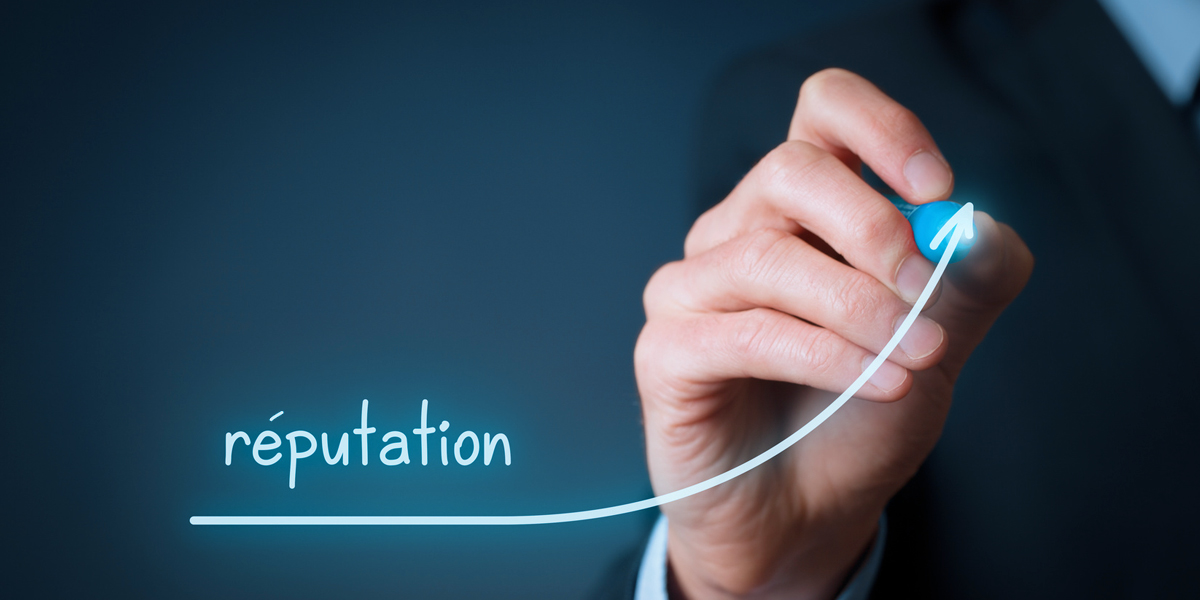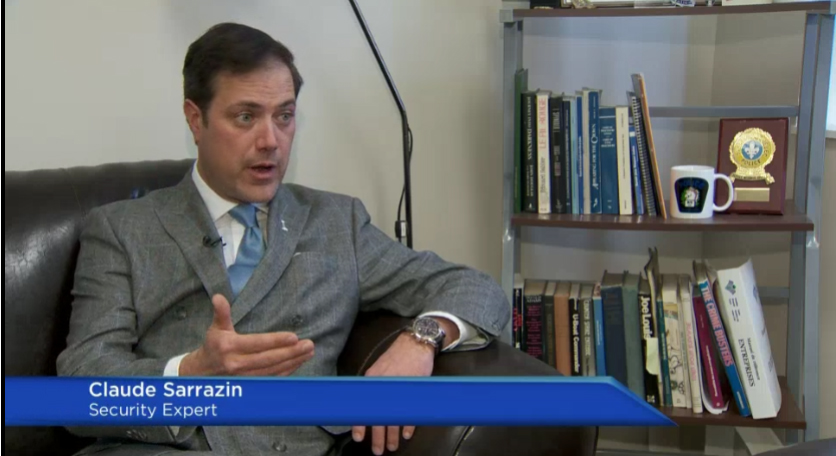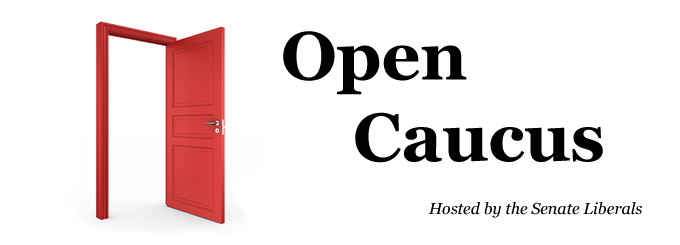An e-reputation, also commonly referred to as a “web-reputation,” “cyber-reputation” or “digital reputation,” is the result of online comments by Internet users. The posting of comments online, whether on social media or community sites, comes under the freedom of expression. Anyone may therefore freely publish criticism about an individual or legal entity on the Internet, as long as it is not libellous or offensive, and does not infringe upon third-party rights and damage an image.1
Web 2.0 allows all parties to express their views, and the resulting freedom of expression is often wrongfully used:
- Dissatisfied customers vociferously express themselves on forums without anyone requesting evidence that they were really customers and without asking for evidence to support their complaints;
- Internet users who are unfamiliar with freedom of expression wrongfully believe that it has no limits;
- It is believed that the merchant is always wrong, and the customer (or mystery shopper) always right;
- People hiding behind their screens believe they are all-powerful and hence transgress rules unscrupulously;
- Forum administrators frequently display a lack of supervision and a permissive approach; and
- Very unfair competition is sometimes seen among competitors.
Words may carry more weight on Facebook
“Facebook’s viral effect means that as one’s number of friends goes up, the expectation that information will remain private goes down.”
Do you think that consumer opinion platforms prevent labels that they are being attacked?
Did you know that if you do not monitor your image on the Web, you risk being dragged through the mud without even knowing it, and without being able to defend yourself?
The most deplorable situation is when an honest merchant resolves a complained-about situation expediently, but harmful comments stay online and their authors may never think to remove them or update them by adding that they were accommodated by the merchant.
Twitter is equivalent to shouting from the rooftops
“Twitter draws its power from the Retweet (RT). This is what makes it possible to spread a message through a network in just seconds. This represents unprecedented STRIKING POWER in the media.”
Did you know that:
- 1 out of 6 hours is spent on a mobile device;
- 1 out of 2 Internet users connect to a social media account on a daily basis;
- Average Internet use has reached more than 17 hours per week.
1 Explanation by Julie Jacob, lawyer specializing in intellectual property.



